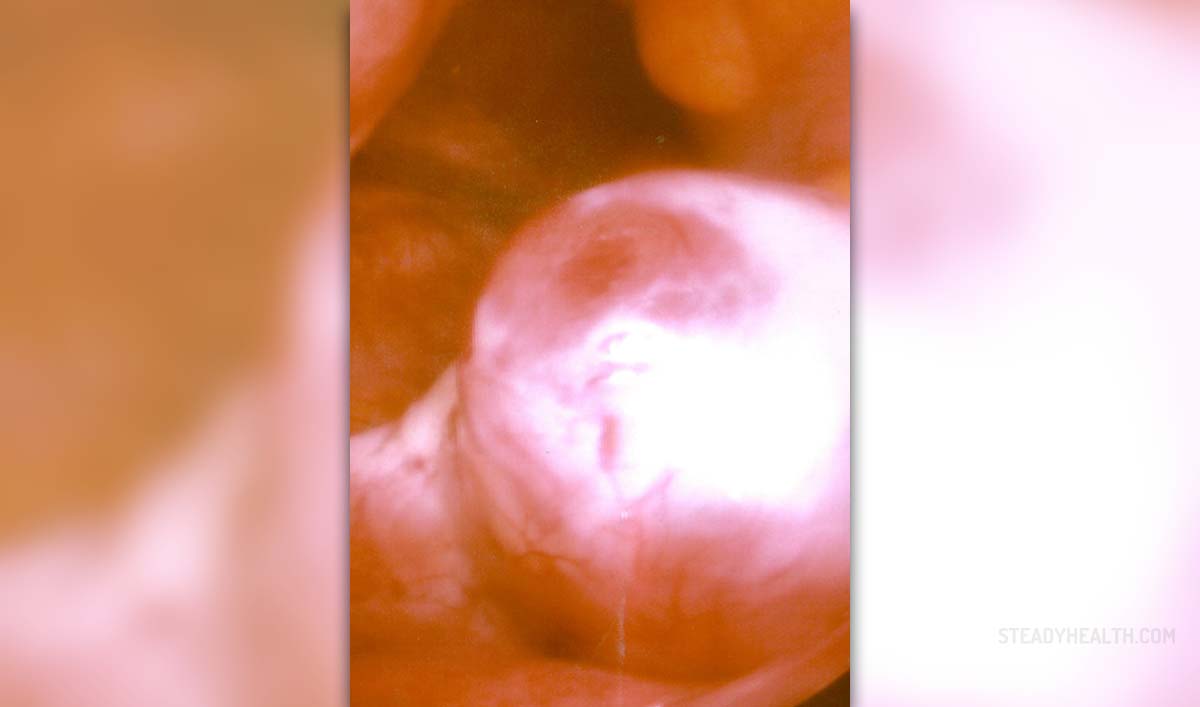
Light bleeding at the time of ovulation may be surprising for most women. However, it is a rather normal phenomenon and most women are acquainted with such a phenomenon at some point in their lives. Sometimes, women may believe this light vaginal bleeding is in fact another extra period happening in the middle of two normal periods. The spotting is not as heavy as menstrual bleeding, it lasts approximately two days, and the women are often reasonably worried. Here, we are going to try to explain the causes of ovulation bleeding and help women understand the normal processes in their bodies.
Causes of spotting during ovulation
Each woman experiences a different set of symptoms at the time of ovulation. Most commonly, women complain about tender breasts, bloating of the abdominal region and abdominal pain, increased libido, and nausea. However, light menstrual bleeding is also recognized as one of the symptoms of the ovulation. It is not always clear why does the spotting during ovulation occur, and it is often hard to say is it quite normal or if it points out to some underlying condition.
One of the possible explanations for ovulation spotting are changes in the hormonal levels during ovulation. Rapid increase or decline in estrogen levels may be associated with light bleeding before ovulation. Changes in the estrogen levels usually occur right before the ovulation.
The other known reason may be in the process of the egg rupturing through the follicle during ovulation. Some scientist believe that as the egg bursts from the follicle that a little bleeding may occur and some women may notice brown spotting. This characteristic brown color is an indicator of older blood.
Birth control pills may also cause light bleeding or spotting at the time of ovulation. This is especially common in the first couple of weeks of taking pills. Any other hormonal method of birth control may cause breakthrough bleeding between periods. This also happens in the cases where woman fails to use hormonal therapy regularly.
Uterine fibroids, non-cancerous tumors, and uterine polyps, may also cause irregular bleeding and spotting at the time of ovulation.
Treatment of spotting during ovulation
Women who use birth control pills should consult their doctors if the bleeding doesn’t go away, as a different pill or method may be needed. Women should consult their health care providers whenever unusual vaginal bleeding takes place. Most of the times doctors will have a simple explanation but sometimes this symptom may have a more serious cause.















Your thoughts on this
Loading...